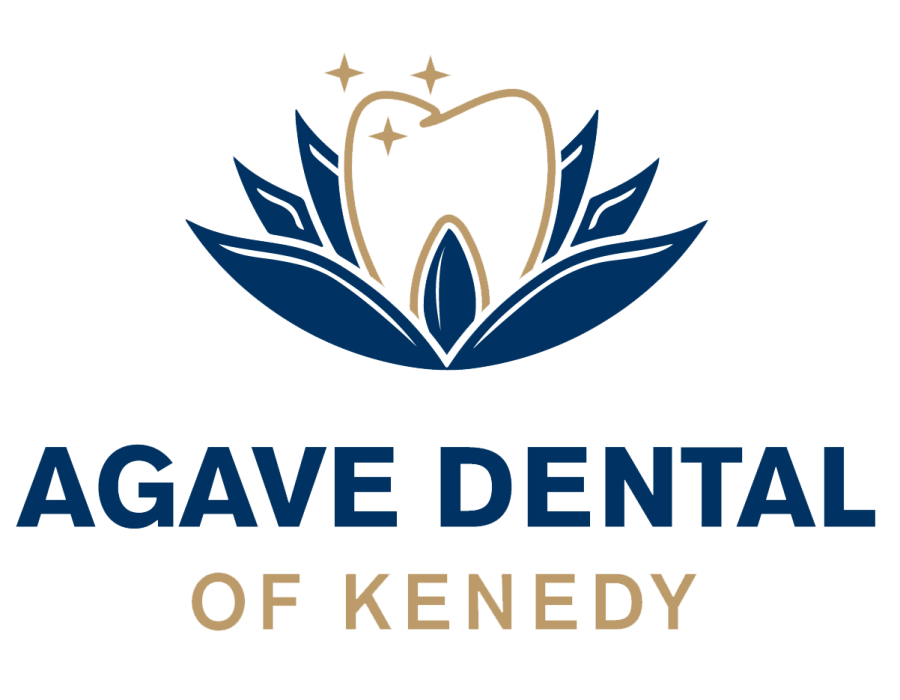Tooth extractions can be daunting for many people, but at Agave Dental, we prioritize patient comfort and care throughout the process. Whether it’s due to decay, overcrowding, or other dental issues, understanding tooth extractions can help alleviate some anxiety and make the experience smoother.
What Are Tooth Extractions?
Tooth extraction is the process of removing a tooth from its socket in the bone. This procedure is often necessary when a tooth is beyond repair or poses a risk to oral health. At Agave Dental, our experienced team assesses each case individually to determine whether an extraction is the best option.
Reasons for Tooth Extractions
There are several reasons why a tooth may need to be extracted:
- Severe Tooth Decay: When a cavity is so deep that it cannot be treated with a filling or root canal, extraction may be the only solution to prevent infection.
- Periodontal Disease: Advanced gum disease can weaken the support structures of the teeth, leading to tooth mobility. Extracting affected teeth may be necessary to maintain oral health.
- Overcrowding: Sometimes, there isn’t enough space in the mouth for all teeth to align properly. In such cases, extraction may be recommended, especially before orthodontic treatment.
- Impacted Teeth: Wisdom teeth, or third molars, often become impacted, meaning they do not emerge properly. Removing them can prevent pain and complications.
- Trauma: An injury that fractures a tooth or damages the supporting bone may necessitate extraction.
The Tooth Extraction Process
At Agave Dental, we strive to make the tooth extractions process as comfortable as possible. Here’s what you can expect:
Initial Consultation
Your journey begins with a comprehensive consultation. Our dentists will examine your mouth, take X-rays if needed, and discuss your symptoms and medical history. This information helps determine if extraction is necessary and the best approach to take.
Preparation
If extraction is deemed necessary, our team will prepare you for the procedure. This may involve discussing anesthesia options. Local anesthesia is commonly used to numb the area, while sedation may be offered for patients with dental anxiety.
The Extraction Procedure
Once you’re comfortable, the extraction will be performed. For simple extractions, the dentist will loosen the tooth using an instrument called an elevator and then remove it with forceps. Surgical extractions may be needed for more complicated cases, such as impacted teeth, and involve making incisions in the gum tissue.
Aftercare
After the extraction, our team will provide specific aftercare instructions to promote healing. This may include:
- Managing Pain: Over-the-counter pain relievers or prescribed medications can help manage discomfort.
- Dietary Recommendations: Soft foods are recommended for the first few days, avoiding hard or crunchy foods that could irritate the extraction site.
- Oral Hygiene: It’s important to keep the mouth clean. You’ll be advised on how to brush and rinse your mouth without disturbing the extraction site.
- Follow-Up Visits: Regular follow-ups may be scheduled to ensure proper healing.
Recovery and What to Expect
Recovery from a tooth extraction can vary depending on the complexity of the procedure. Most patients can return to their normal activities within a few days. Swelling and mild discomfort are common but typically subside within a week.
It’s crucial to monitor for any signs of complications, such as excessive bleeding, severe pain, or signs of infection (like fever or pus). If any of these occur, don’t hesitate to contact us at Agave Dental.
The Importance of Post-Extraction Care
Proper aftercare is essential to ensure a smooth recovery and prevent complications. Here are some key tips:
- Rest: Allow your body to heal by taking it easy for the first few days.
- Hydration: Drink plenty of fluids, but avoid straws as the suction can dislodge the blood clot that forms in the extraction site.
- Avoid Smoking: Smoking can impede healing and increase the risk of complications.
Alternatives to Tooth Extractions
While extraction may be necessary in some cases, it’s not always the only option. At Agave Dental, we prioritize conservative treatments and will discuss alternatives with you, such as:
- Root Canals: If a tooth is salvageable, a root canal may remove the infected pulp and save the tooth.
- Crowns: For severely damaged teeth, crowns can provide strength and restore function.
Conclusion
Tooth extractions are a common dental procedure that, when necessary, can significantly improve your oral health. At Agave Dental, we are committed to providing compassionate care and a comfortable experience throughout the process. If you suspect you may need a tooth extraction or have any concerns about your dental health, don’t hesitate to reach out to us. Our dedicated team is here to guide you through your dental journey and ensure you achieve a healthier smile.





Comments